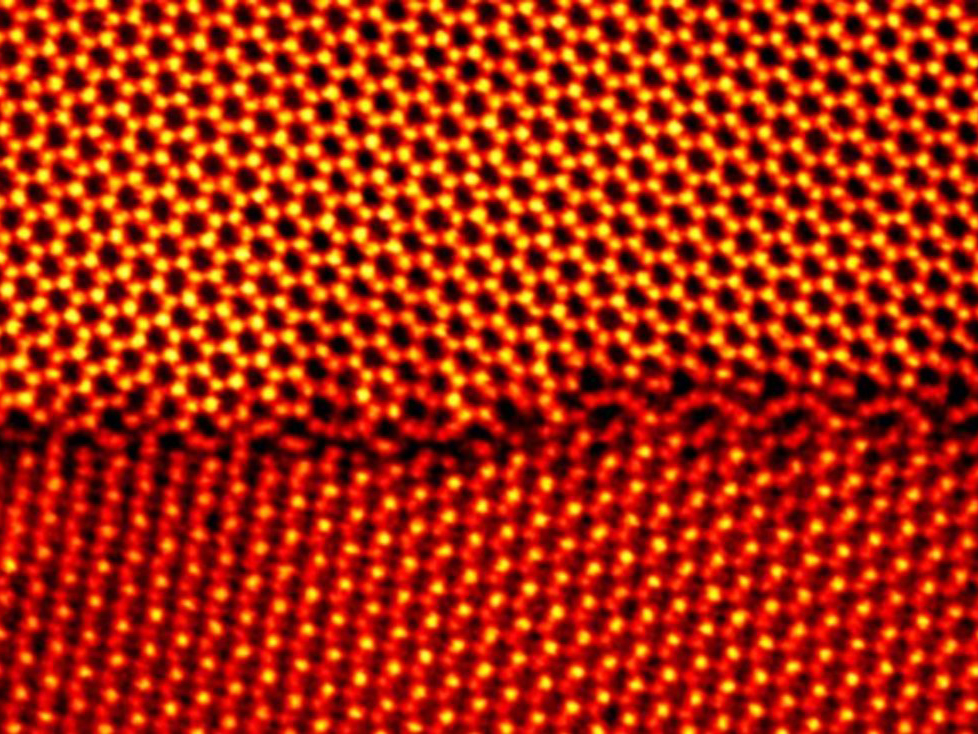
Understanding the structure-property correlations of materials is at the heart of a Materials Science and Engineering research program. In TMI, new innovations are explored for the characterization using advanced instrumentation. This includes the integration of new direct electron detectors, utilization of techniques in new ways to manipulate atoms and characterize atoms, air-free cryo-processing of sensitive samples like batteries, and developing new surface science analysis methods for understanding elemental bonding in 3D. Materials Characterization research is an area that combines hardware and computational data analysis to see atomic structure at higher resolutions, with greater 3D mapping, and the ability to measure properties of materials with accurate and sensitivities beyond conventional approaches.
Associated Graduate Program Faculty
Filippo Mangolini
In situ analytical techniques for investigating oil/substrate interfaces in tribological systems; in situ thermally-induced structural evolution of amorphous carbon surfaces; mechano-chemistry of solid and liquid lubricants.
Theory-guided synthesis and characterization of electronic, thermal, and quantum materials, including bulk crystals, low-dimensional materials, and nanocomposites for (i) heterogeneous integration of next-generation chip architectures, (ii) decarbonization of heat and fuel, thermal energy storage, thermoelectric conversion, and (iii) emerging quantum devices and hardware.
Deji Akinwande
Carbon-based nano electronics, wireless flexible electronics, medical electronics.

